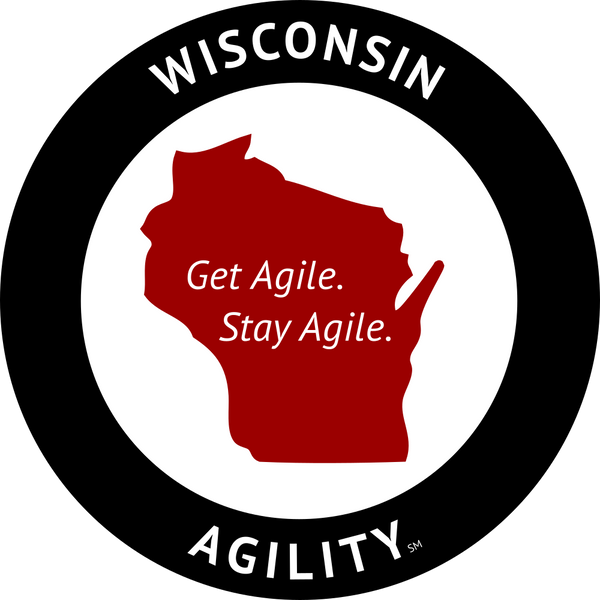Mad City Agility Conference 2020

ARE YOU A TRAILBLAZER? REBEL? CHANGE AGENT? BOAT ROCKER? WELCOME!
"Mad" is typically a reference to "mad scientist" which implies outside of the norm thinking and experimentation. That's Mad City Agility 2020 - we are focusing on revolutionary, rebellious, "mad" thinking that is required in 2020 and beyond for organizational agility.
We are about 2 decades into the agile revolution. As we enter the Roaring ‘20s of Agility let’s use the empirical data we have since the creation of the agile manifesto to forecast the future.
SPEAKERS
-

Rich Sheridan
Lead with Joy and Watch Your Team Fly!
Change is hard. But you won't create a joyful workplace by leading the way you've always led. In this talk, Rich explores his own journey to joy, focusing on how he had to learn to lead in a completely different way and, by doing so, witnessed results that exceeded his wildest expectations.
-

Dave West
Agile Product Management and the Product Owner
Agility is an empirical approach to delivering value. Driven by the complexity of the environment, teams deliver small chunks of ‘stuff’ to learn. The Product Owner / Agile Product Manager is responsible for steering that delivery. Ensuring that the most valuable outcomes are achieved. And that is not easy as they navigate the problem, the organization and the teams developing the solution. Add to that the confusion of their role with other roles such as project manager, business analyst and even the traditional product manager.
In this talk Dave West, Product Owner and CEO Scrum.org, the home of Scrum, describes the genesis of the Product Owner role and how many organizations are dealing with the challenges of slotting this key role into existing product, project and release roles. He will introduce some techniques such as user centric design, and hypothesis based development and describe how approaches such as Lean Startup and pragmatic marketing are providing product owners with a tool box to do their job.
-

Chad Beier
Exercise Your Change Muscles: Stop Chasing Agile Transformations and Adoptions
Organizations that are adaptive and responsive don't think about "change" as something they need to do, they simply become adaptable by exercising their "change muscles".
As we enter the roaring ’20s of agility, many organizations continue to focus on transforming and adopting "agile things". Most agile transformations and adoptions tend to change vocabulary used in the organization without significant changes to structure and processes.
What's the alternative to adopting or transforming? Join us as we look inward at your organizational structure and processes — management layers, incentives, information flow, and decision making — and ask some questions. How responsive are we today? How adaptive are we to change our organizational structure and processes? We will explore how to increase your adaptiveness vs chasing a prescribed agile transformation or agile adoption.
-

Jeff Bubolz
Exercise Your Change Muscles: Stop Chasing Agile Transformations and Adoptions
Organizations that are adaptive and responsive don't think about "change" as something they need to do, they simply become adaptable by exercising their "change muscles".
As we enter the roaring ’20s of agility, many organizations continue to focus on transforming and adopting "agile things". Most agile transformations and adoptions tend to change vocabulary used in the organization without significant changes to structure and processes.
What's the alternative to adopting or transforming? Join us as we look inward at your organizational structure and processes — management layers, incentives, information flow, and decision making — and ask some questions. How responsive are we today? How adaptive are we to change our organizational structure and processes? We will explore how to increase your adaptiveness vs chasing a prescribed agile transformation or agile adoption.




